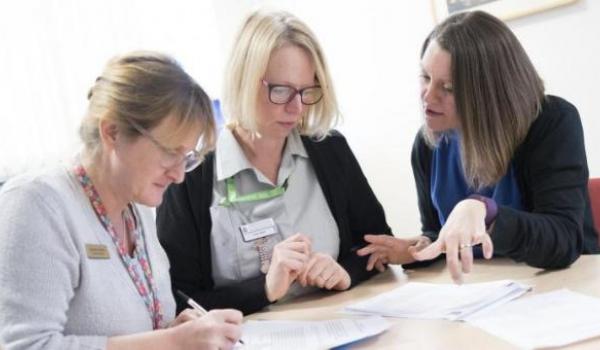Feasibility of Frailty Assessment and Implementation of Interventions in Women Over 70 With Epithelial Ovarian Cancer (FAIR-O)
Who can take part
Please note - unless we state otherwise in the summary, you need to talk to your doctor about joining a trial.
You may be able to take part in this clinical trial if you:
- are aged 70 or over and
- have epithelial ovarian cancer and
- will be having chemotherapy for newly diagnosed ovarian cancer or ovarian cancer that has come back for the first time
This is not an exhaustive list. If you're interested in participating in a clinical trial, you should speak to your doctor about what other criteria might apply.
About the trial
Around half of women diagnosed with ovarian cancer are over the age of 65. Older women may have different medical and social problems than those seen in younger women. This may result in them being offered less intensive chemotherapy options to treat their ovarian cancer.
Research has already shown that in older people who don’t have cancer, undertaking a geriatric assessment of older patients can highlight more issues than would normally be found at a routine oncology appointment. Addressing these issues can improve a person's ability to function and their quality of life.
This study is looking to find out if oncology teams can:
- undertake a full holistic assessment of older women
- can address issues that could affect how well patients tolerate and complete treatment
If they can, this may lead to the development of an important change in clinical practice. It may lead to the more holistic assessment of older cancer patients and their specific needs to enable them and their carers to better manage their cancer treatment.
If you take part in this study, you'll need to:
- Complete questionnaires about your quality of life and general wellbeing.
- Allow researchers access to any tissue samples taken at the time of your diagnosis.
- Donate additional blood samples for research purposes (optional).
- Undergo memory testing and a brief walking test.
- Consider recommended referrals to other specialists as suggested by your oncology team.
- Allow the research team access to any CT scans that you've had as part of your normal care. They'll use these to look for low or reduced muscle mass.



